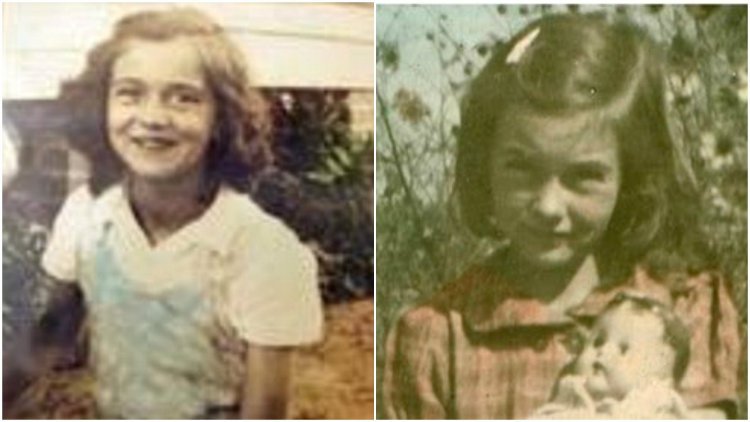Stinney: An American Execution is Jolting and Traumatic
 |
| George Stinney Jr. |
This horrifying, egregious miscarriage of justice is now the subject of an opera that was presented at New York's Prototype OperaFest, an annual festival of contemporary and experimental opera. Indeed, Stinney: An American Execution is not even presented as a complete work. The program says it's a "work-in-progress." Composer and librettist Frances Pollock wrote in the liner notes that she first presented the work in 2015 in Baltimore and insists that this is still a "reading." The opera (about 2 and a half hours) was done as a semi-staged concert, with orchestra, chorus and soloists sitting in rows on a small platform stage. One of the more disconcerting parts of the performance was that the background gave subtitles AND the libretto's stage directions, but the stage directions were only intermittently followed by the performers.
 |
| Betty June Binnker and Mary Emma Thames |
Pollock also wrote powerful music for the chorus, although strictly speaking the most powerful moment wasn't musical. It was a chorus of mixed-race men gang-raping Betty June while the girl pleaded for her life. While the orchestra played a relentless percussive beat in the background, the men moaned, whistled, cat-called, and made animalistic sounds.
This video is from a different performance but gives you an idea of how terrifying the moment is:
Unfortunately not all of Pollock's work is at this high level. After the powerful first thirty minutes or so of the first act the work meanders. Pollock falls victim to one of contemporary opera's biggest temptations: to take a vocal line and repeat it to the point of numbness. Her vocal music is heavily influenced by spirituals and soul music, but her orchestral writing is more typical contemporary opera dissonance. Alma Stinney's (Jazmin Black Grollemund) lullaby about her son, the Reverend's (Fitzgerald St. Louis) "If the Lord Hadn't Been On Our Side" seemed to go on forever before the actual end of Act One, in which a frightened George Stinney is questioned by police and then silently runs around the stage in circles like a trapped labrat before collapsing center stage. Again, not saying this isn't good music, just that it could be tightened, and that the sight of George running and running in circles makes the point without the two extremely long preceding arias.
The second act in contrast moves almost too fast. George is tried, convicted, executed, and the opera wraps up within about 40 minutes. The second act relied heavily on projections in the back of the stage that filled in some gaps of information. However, why did we need these projections? The sight of a 14 year old boy being tried and convicted for murder by an all-white jury with 10 minutes of deliberation should have been a minefield for a librettist. But it's as if Pollock wanted to forego those more arcane details.
The finale is again protracted -- there is an incredibly powerful musical interlude that depicts George's execution. But then there's two "other" endings. One is George's father reading a newspaper article about George. The other is a flight of fancy, as George, Betty June and Mary Emma are reunited in heaven and happily playing together. A real "I have a dream" moment. All three endings would have sufficed as THE ending. But having three consecutive endings lessened the impact of the work.
But this is a work in progress, and Frances Pollock is incredibly young. I'm sure as Stinney gains more attention the opera will continue to be edited, refined, polished, and given a full staging. PrototypeFest's presentation certainly got the work attention -- both performances were sold out.
 |
| The cast of Stinney: An American Execution |
 |
| Joseph Keckler |
But the whole song cycle (with occasional spoken interludes) had a false, insincere feel. Keckler adopts a persona full of existential ennui. He talks about the Mayan apocalypse "end of the world" that was supposed have happened in 2012. The title of the song cycle comes from a time Keckler took a train on New Year's Eve that crossed time zones and therefore did not experience "midnight." Keckler also sings about the gentrification of his Bushwick, Brooklyn apartment, his insomnia, but it came across as shallow. It's so hard being a young, hot, talented hipster singer/composer.
On the other hand, Keckler's compositional skills have a naturalness and flow that are special and rare. His tunes are instantly listenable and memorable. If he could team up with some book writers and producers, he might have success in musical theater. Listen to this. They're awesome songs.

Comments
Post a Comment